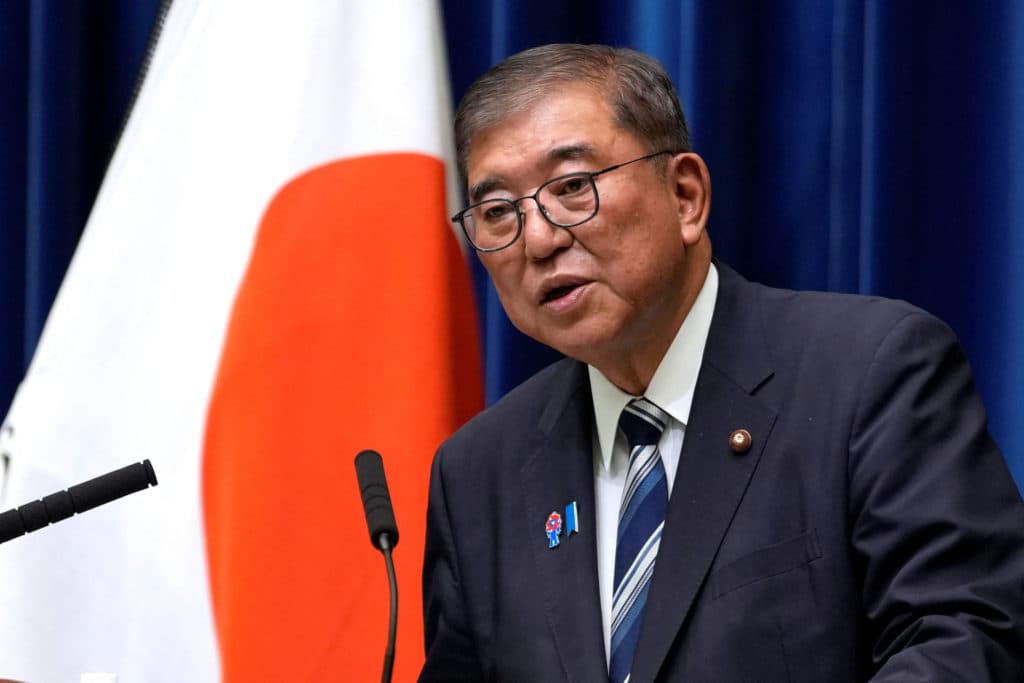Ishiba Resigns as Japan's Prime Minister Following Two Electoral Defeats

TOKYO – Shigeru Ishiba announced his resignation as Prime Minister of Japan and president of the ruling Liberal Democratic Party (LDP) on September 7, 2025, concluding a premiership marked by significant electoral setbacks. The decision, as reported by The Wall Street Journal, comes after the LDP lost its majority in both houses of parliament within a year, reflecting growing public dissatisfaction. Ishiba's departure triggers an immediate leadership contest within the LDP.
Ishiba, who assumed the prime ministership on October 1, 2024, after winning the LDP presidency, faced an immediate challenge when he called a snap general election for the Lower House in October 2024. This gamble backfired, as the LDP lost its majority for the first time since 2009, forcing Ishiba to lead a minority government. The party's struggles continued into July 2025, when it also lost its majority in the Upper House elections, delivering a second severe blow to his administration.
A key factor contributing to the LDP's recent electoral misfortunes and the erosion of public trust has been an ongoing funding scandal. Dozens of LDP lawmakers were implicated in siphoning unreported profits from fundraising events into slush funds, a scandal that also plagued Ishiba's predecessor, Fumio Kishida. Ishiba himself faced criticism for distributing gift certificates to newly elected LDP members, prompting an apology and further fueling public anger over "money politics."
The LDP is now bracing for a leadership election in early October, seeking a successor capable of unifying the party and regaining public confidence. Analysts suggest the new leader will face immense pressure to address the persistent funding issues and navigate complex economic challenges, including rising inflation and the implications of international trade policies. The party's ability to regroup and present a cohesive vision will be crucial in determining its future political stability and avoiding a potential third spell in opposition.